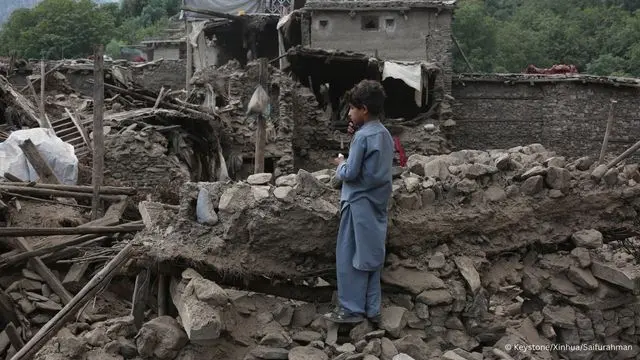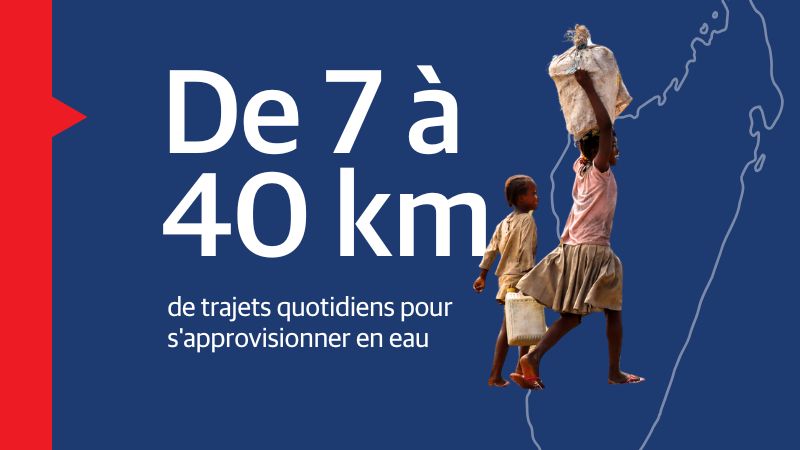DR Congo: Cholera Appeal

Be a lifeline to people living in crisis.

Life can change in an instant. When it does, we are there.
We save lives
We restore hope
We partner generously
For nearly 30 years the people of DR Congo have faced chronic insecurity and conflict.
Medair has been there throughout, reaching those who are often most difficult to find, have been hardest hit and have fewest resources to respond.
Vestina's Story
Vestina (pictured below), a courageous mum of three, came to the Kibati camp for displaced people with her children in search of safety. In reality, they encountered their gravest danger yet: cholera. Most homes in Kibati are made from scavenged wood, tarpaulin and banana leaves. Clean water, toilets and washing facilities are virtually non-existent. It’s the perfect breeding ground for cholera, which spreads through food and water infected with contaminated faeces. Vestina’s son, Elie, wasn’t even two years old. You can imagine her panic at seeing her young child so dangerously ill.
“For every mother who has carried her child for nine months and especially who has just escaped the war, seeing her child in this state is a form of enormous torture and mental stress,” she recalls.
So Vestina rushed Elie to Medair’s Cholera Treatment Unit. Here she received a second blow; news that her son had also contracted measles. Our team were swift to act: Elie received oral rehydration fluids and antibiotics alongside regular meals and around the clock care. For three fretful days, Vestina sat at her son’s bedside praying for his recovery. Thankfully, Elie received treatment in time and Vestina’s prayers were answered. The small boy made a full recovery.
“My heart is filled with gratitude to Medair and what they do for the good of my community,” she beams.
Others are not so fortunate. Untreated, 30-50% of cholera patients will die. We urgently need your support.
In the first 6 months of 2024 alone, the World Health Organisation had already registered 20,000 new cases of cholera in DR Congo. Many are children under the age of five who are at risk of dying from a disease that is so easy to prevent and treat. And perhaps this is the greatest tragedy of all – the fact that the solution is well within our reach. Safe water, decent toilets, better hygiene and oral rehydration solutions are all it takes to save lives. We just need your support to make it happen.





.webp)


.jpg)

